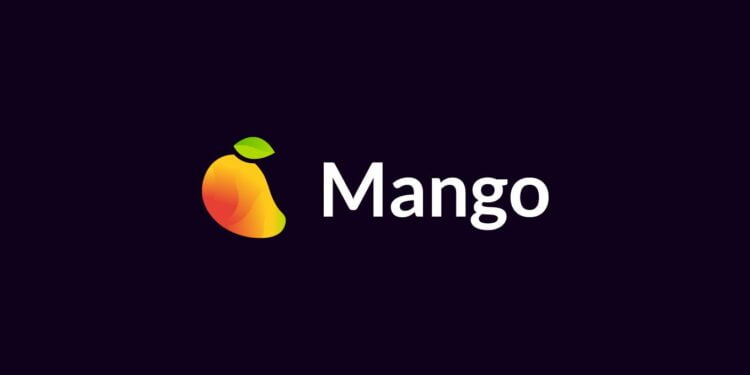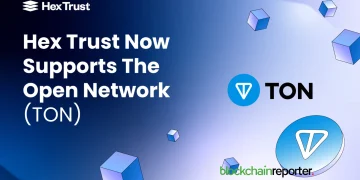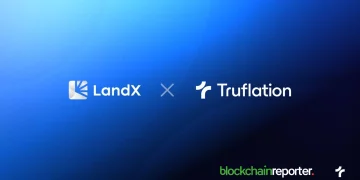With the rise in popularity, there has also been an increase in cyberattacks on crypto firms. These attacks are known as exploits, and they can lead to significant losses for individuals and companies alike. In response, crypto firms have taken various actions to prevent exploits and protect their users. Last year, Mango Markets, a decentralized exchange (DEX) built on the Solana blockchain, was flooded with the news after suffering a major exploit. The attack, which took place in October 2022, saw the platform lose approximately $116 million worth of assets. However, the decentralized exchange has now taken drastic steps to avoid any further exploitation and eliminate vulnerabilities to protect users’ funds. According to a recent tweet, Mango Markets has revealed two new features aimed at addressing pressing security concerns ahead of its version 4 (v4) launch.
Mango Markets Adds Security Layers To The Network
Following the $114M exploit, DEX Mango Markets plans to modify its multi-sig feature to reduce security risks. Mango has been down since October, when it was hit by an exploit that saw hackers manipulate its pricing oracles and drain $114 million from the exchange. To prevent future security breaches, Mango plans to introduce new restrictions on its multi-sig wallet. This will give developers the flexibility to address any unforeseen market changes or vulnerabilities in the program code.
Mango’s security council has the ability to activate “post-only mode” in the event of unexpected market conditions. This feature limits deposits, purchases, borrowing, and position increases. The decentralized autonomous organization (DAO) can then decide whether to halt trades, mandate settlement or adjust risk parameters through a voting process.
Mango Markets Prepares Ahead Of The Version 4 Rollout
The Mango Markets’ native token, MNGO, was manipulated by exploiters who took advantage of loopholes in the smart contract protocol. Since there was no centralized entity overseeing the exchange, the exploiters were able to capitalize on the situation. Avraham Eisenberg employed two distinct accounts to manipulate the price of MNGO tokens on Mango Markets’ DeFi platform using perpetual swaps – a type of futures trading that enables users to keep their positions open. Within a span of 20 minutes, Eisenberg managed to drive up the token’s price by 1300%, enabling him to make a sizable profit. However, this led to a sharp decline in the price of MNGO tokens to just 2 cents, prompting Mango Markets to suspend its operations on the same day.
Developers of Mango Markets are now charting a roadmap for relaunching the Version 4 project, even as the U.S. Securities and Exchange Commission (SEC) has classified the native token MNGO as a security. This designation has raised concerns about whether the upcoming version of Mango Markets can operate without drawing regulatory ire. Despite the SEC’s classification, it did not accuse Mango Markets of any wrongdoing, and the agency arrested Avraham Eisenberg.
The exchange said in a tweet, “All other changes to the program need to be approved by all holders of the DAO.” The exchange had handled more than $28 billion in transactions before its suspension and is anticipated to launch its v4 product in beta mode in the coming months, although no specific date has been announced yet.
In response to the attack, Mango Markets has committed to improving its security measures to prevent similar attacks from occurring in the future. In addition, the platform will be working with external auditors to identify and address any vulnerabilities in its code, as well as implementing new risk management and monitoring procedures.
Many crypto firms are taking proactive measures to prevent exploits and hacks, with security becoming a top priority in the industry. Decentralized exchanges, in particular, are taking steps to improve their security measures, with many platforms implementing multi-signature (multi-sig) features to prevent a single user or entity from having full control over funds. Other measures being taken include regular security audits and testing, as well as the use of insurance and funds set aside for reimbursing users in the event of a hack or exploit. Firms are also exploring new technologies like decentralized finance (DeFi) insurance and security tokens to enhance the security of their platforms.























